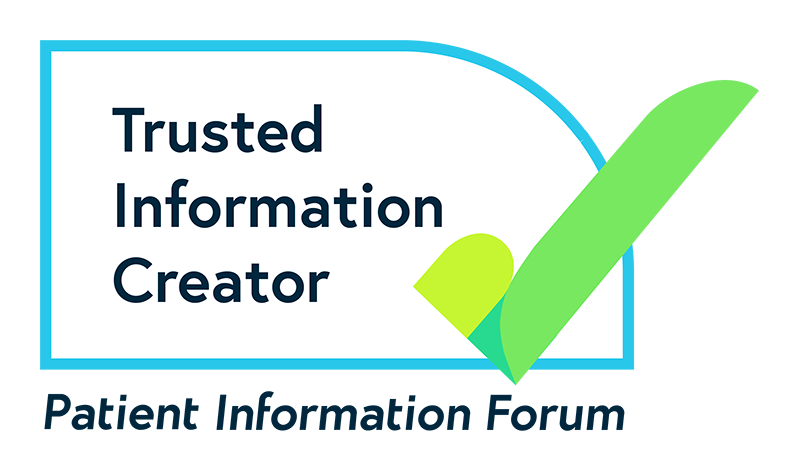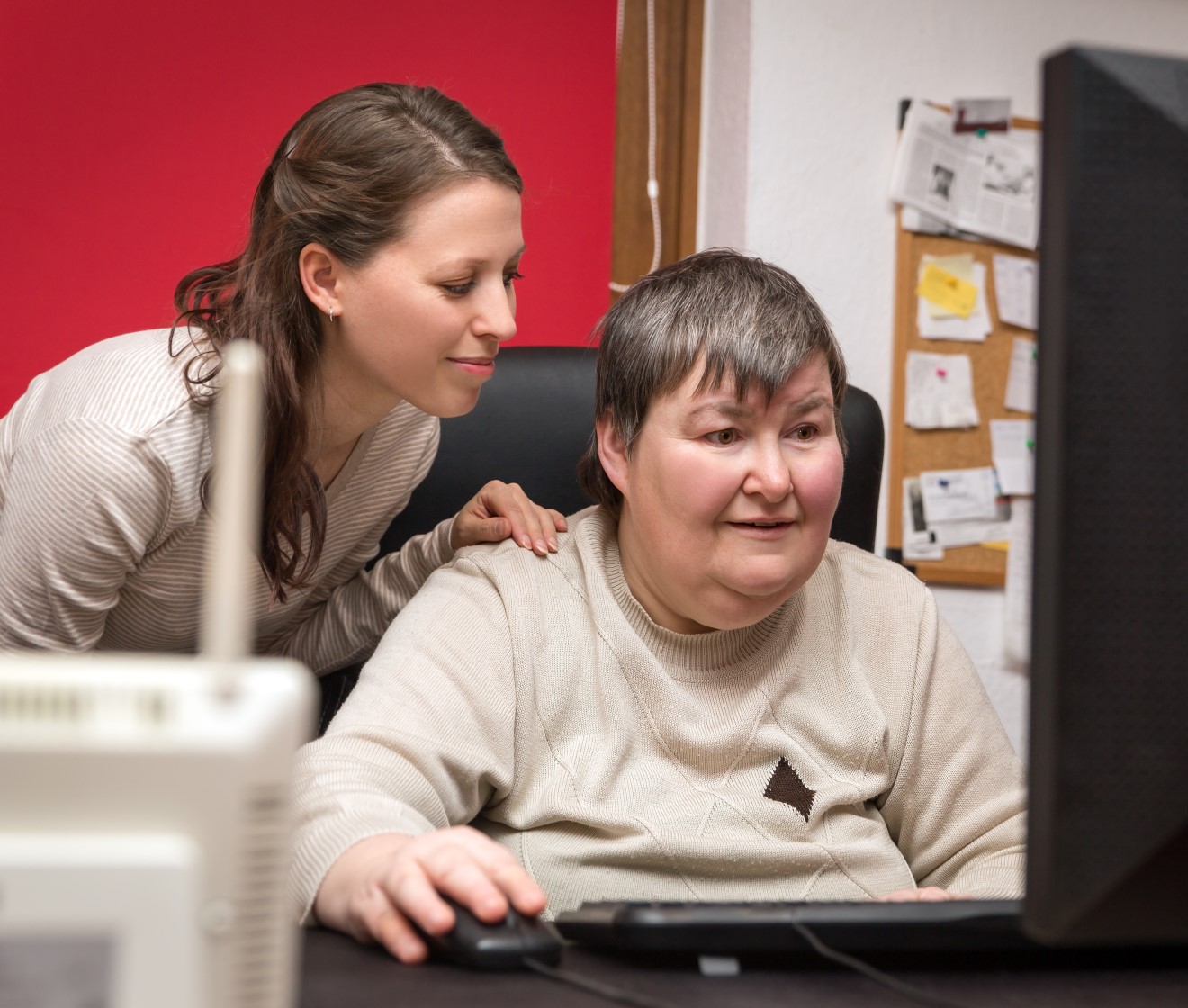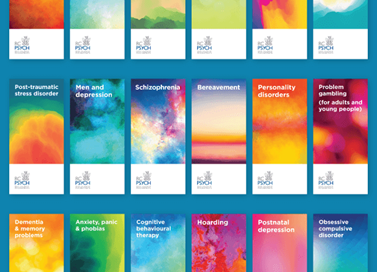Frequently Asked Questions
If you are in crisis and have hurt yourself or are thinking about hurting yourself:
- call 999
- go to A&E if you are able to
- call your mental health crisis team
If the support you need is less urgent, you can also speak to your GP or mental health team.
You can also contact the following organisations if you need to speak to someone:
- Samaritans:
- call 116 123 (24 hours a day)
- email jo@samaritans.org.uk
- Saneline:
- leave a message at 07984 967 708
- call 0300 304 7000 (4.30pm to 10.30pm) - temporarily unavailable
- email support@sane.org.uk
To see a psychiatrist, you will usually need a referral from your general practitioner (GP), in the same way you would with any other specialist.
Within the NHS, most referrals will go to the mental health team. Initially, you may be seen by a team member who is not a psychiatrist. If the team member feels that you ought to see a psychiatrist, they'll arrange an appointment for you.
Most private psychiatrists prefer a referral from your GP. Your GP may be able to recommend psychiatrists who practise privately.
Local private hospitals will sometimes advise you about this. Some psychiatrists may advertise in your local business directory.
If they have the title 'MRCPsych' (Member of the Royal College of Psychiatrists) or ‘FRCPsych’ (Fellow of the Royal College of Psychiatrists), this means that they are current members of the College.
The College cannot recommend or supply names of psychiatrists to act as expert witnesses.
Solicitors can search through the lists of psychiatrists that are registered with any of the following websites:
You can complain directly to your psychiatrist.
If you are unhappy with their response, you can complain to their employer, clinic or hospital.
If the complaint is to report serious misconduct, you can complain to the General Medical Council (Tel: 0161 923 6602).
The last step for dealing with unresolved complaints is to contact the Health Service Ombudsman (Tel: 0345 015 4033) who acts as a final arbitrator.
If your psychiatrist works in the private sector
You can complain to the clinic where the psychiatrist works. Again, in cases of professional misconduct, you can also contact the General Medical Council (Tel: 0161 923 6602).











